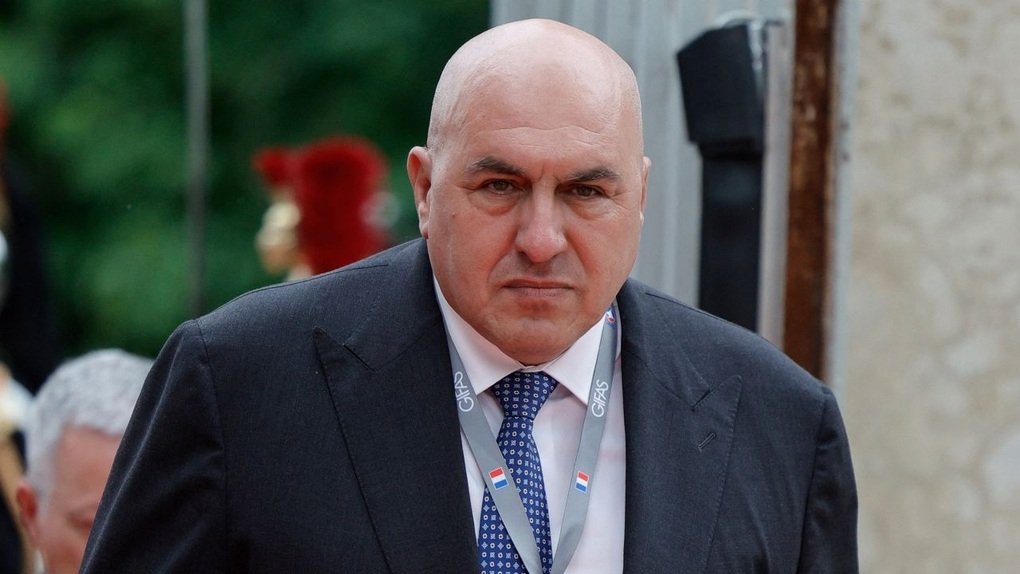(Dan Tri) – Italian Defense Minister Guido Crosetto explains why he believes the country’s decision to join China’s `One Belt, One Road` (BRI) initiative is incorrect.
Italian Defense Minister Guido Crosetto (Photo: Reuters).
In an interview with Corriere della Sera newspaper over the weekend, Italian Defense Minister Guido Crosetto commented that the previous administration’s participation in the BRI in 2019 did not help much with Italy’s export activities.
He said that the 2019 decision of former Prime Minister Giuseppe Conte’s administration for Italy to join the BRI was incorrect, in the context that the current administration is considering whether to withdraw from this initiative or not.
Italy has become the only major Western country and the only country in the G7 group to participate in the BRI.
Mr. Crosetto told Corriere della Sera that `Italy’s participation in the BRI was an impromptu and erroneous act that led to double negative results.`
`We have exported a large amount of oranges to China while they have tripled their exports to Italy in three years. A paradox is that France, a country that has not signed any treaty with China, has sold aircraft to
He said that participating in the BRI does not bring many benefits to Italy and puts Rome in a difficult position.
Italy’s agreement to participate in the BRI will automatically renew in 2024 unless Rome proactively withdraws from this initiative.
Previously, Italian Prime Minister Giorgia Meloni said it was too early to predict whether Italy would continue to participate in the initiative or not.
`One Belt, One Road` is a billion-dollar infrastructure initiative launched by Chinese President Xi Jinping in 2013 to develop and build a system of works connecting East Asia to Europe.
The initiative is expected to help China rapidly expand its political and economic influence in the world.
This initiative has seen billions of dollars poured into infrastructure projects each year, such as opening highways from Papua New Guinea to Kenya, building ports from Sri Lanka to West Africa, providing
The One Belt, One Road initiative has repeatedly become the center of controversy when it was accused of being a tool China used to deploy `debt traps` with its partners.
